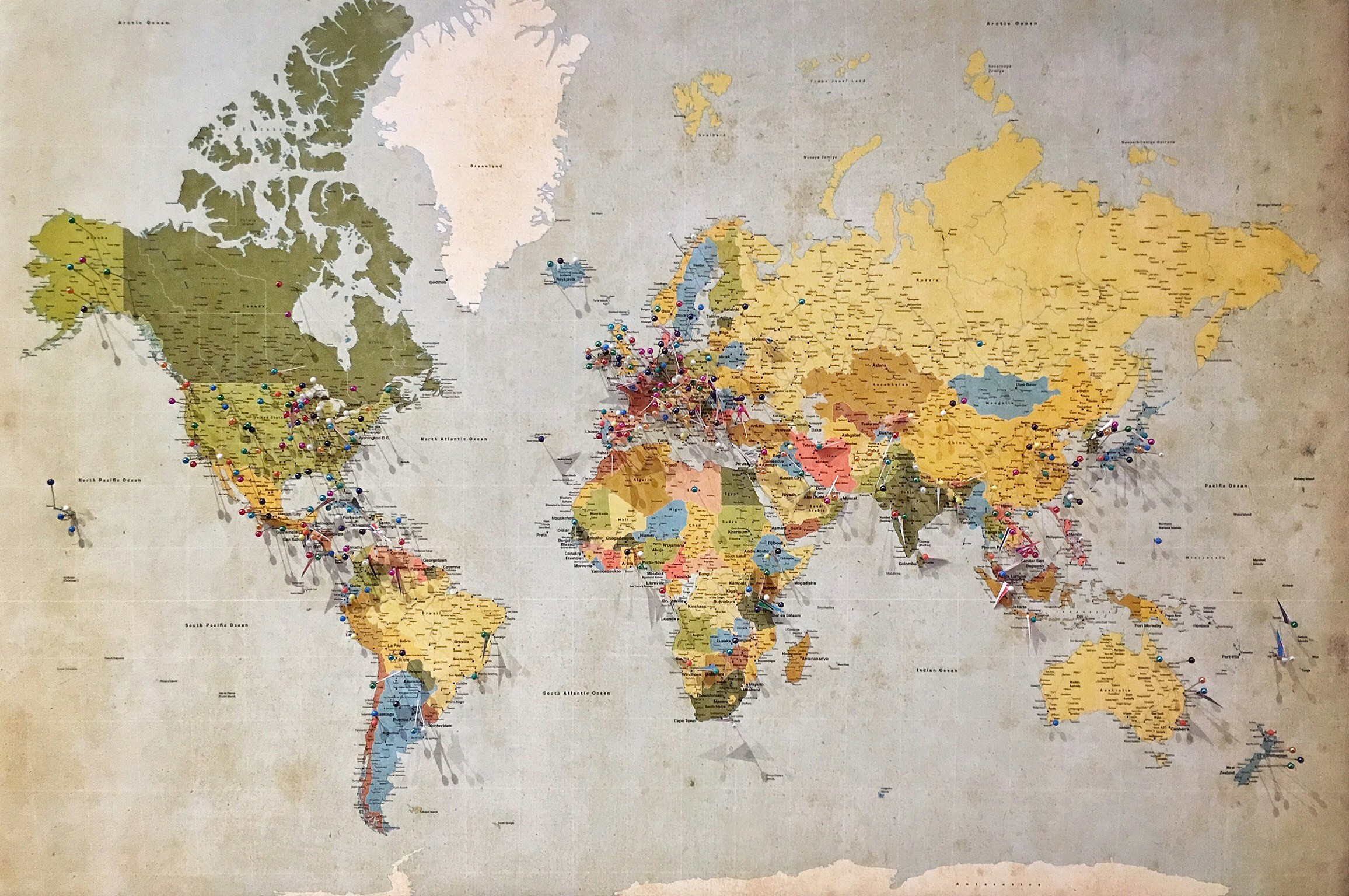The internet contains an overwhelming amount of information and it can be very difficult to efficiently identify those pages that are of significant interest. This blog intends to describe some simple additions to your Google Search queries that can be used to focus and simplify the results.
The methods below were used as part of a broader piece of work to produce a comprehensive database of all femicide cases in Kenya using news stories. We found that news reports can often provide a wealth of key information and by extracting data of interest from these stories we could compile a powerful dataset detailing individual circumstances and national trends in femicide for the country. You can read more about the project here and its detailed methodology here.
Advanced Google Search can be a powerful tool in your treasure chest for collecting online data and we used it as the base of our femicide investigative project. The operators described below are additions to the types of things you would normally type into Google Search queries and so you shouldn’t have to change too much about how you normally interact with Search. In order to showcase the options available to you, we’ve included a description of the types of query operators ( or the string of characters used in your query to narrow the focus of the search) and the types of results that applying these operators will provide with a hyperlink. We hope that by sharing these details, you can go on to conduct your own Advanced Google Searches and collect your own data on key issues for your stories.
Query Operators:
- Quotation marks around phrases (more than one word) will require Google to use an exact-match of what is contained between the quotations. If applied to single words it will prevent synonyms of the search word from being used. E.g:
"woman killed" - results
- Google will assume that the logical operator AND is being added between each word written or between phrases in quotation marks in the query. If you would like to override this with the OR operator, this can be done explicitly (and using all capital letters). E.g:
"woman killed" OR "girl killed" - results
- You can use parentheses (brackets) to group collections of operators together and to set the order in which query components are used. E.g:
("woman killed" OR "girl killed") AND murder - results
Note: The AND is not required in the above and could have just been a space.
- If you would like to exclude results that contain certain words the minus sign (-) can be used. E.g:.
("woman killed" OR "girl killed") -murder - results
- To include a range of integer numbers in a search two stops (..) can be used between the minimum and maximum numbers of the range. This can be very helpful for indicating a range of years E.g:.
("woman killed" OR "girl killed") 2010..2017 - results
Google search also supports context operators that give the user a lot of control of where and how the system must search.
- The site: operator can be used to control which site(s) gets searched. E.g:
site: woman killed site: https://www.premiumtimesng.com/ - results
- The AROUND operator can be used to return results where the two terms/phrases are within (X) words of each other. E.g:
AROUND(X): woman AROUND(3) killed site: https://www.premiumtimesng.com/ - results
The examples above are intended to act as inspiration for more detailed and focused search queries and you, dear reader, are encouraged to play around with different combinations of these to familiarise yourself with how they function and how they may help you in your work. Happy searching!


-p-1080.jpg)
.jpg)




